Premium Only Content
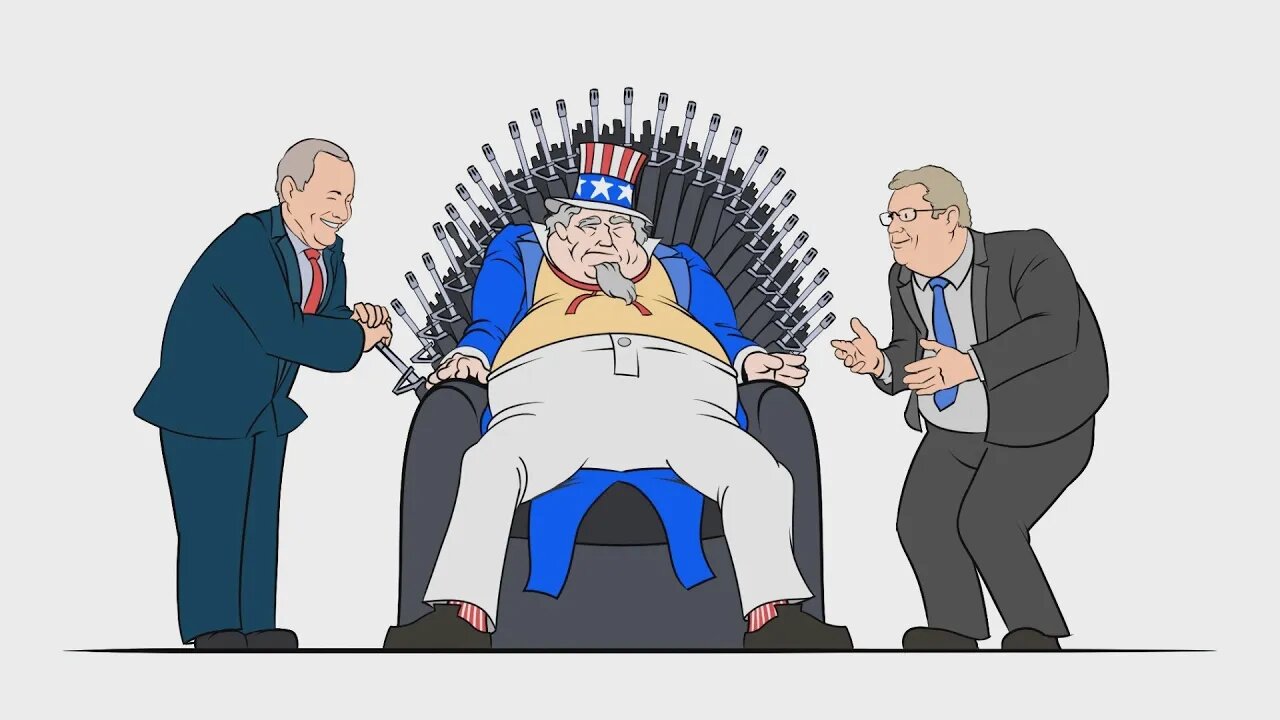
A Faceless Enemy
In 1996, Bill Kristol and Robert Kagan penned an op-ed warning that “without a broad, sustaining foreign policy vision, the American people will be inclined to withdraw from the world and will lose sight of their abiding interest in vigorous world leadership.”
After winning the Cold War, the US became the world’s unrivaled superpower. But without the Evil Empire, America no longer had a unified foreign policy for its many interventions abroad. What would America’s role be in the post–Cold War world? Kristol and Kagan’s answer was “benevolent global hegemony.”
The pair founded “the Project for the New American Century” to promote “American global leadership.” In 2000, the organization published a report outlining its proposed foreign policy. “The process of transformation,” the report claimed, “is likely to be a long one, absent some catastrophic and catalyzing event—like a new Pearl Harbor.”
Such an event came the following year, on September 11. Five days later, President George W. Bush announced the global war on terror.
In the decade between the Cold War and the war on terror, the US remained actively involved in foreign affairs, but politicians no longer had a single narrative connecting the various operations around the globe. Each new intervention—in Iraq, Bosnia, Zaire, Somalia, and elsewhere—required individual justification and carried distinct political liabilities.
Conservatives capitalized on this dilemma during Bill Clinton’s presidency. Senator John McCain condemned Clinton for failing to provide “a conceptual framework to shape the world going into the next century.” The problem was not that the US was intervening abroad, but that it lacked the direction of a unified policy.
The war on terror provided the solution. US conflicts in Iraq, Afghanistan, Yemen, Pakistan, Syria, Libya, and Somalia became battles in a single war. President Bush indicated as much in 2003: “The battle of Iraq,” he said, “is one victory in a war on terror.”
The war on terror introduced a new kind of enemy—one with no public face, no territorial boundaries, and no representative government. Like the fight against communism, this was a war against a concept, this time without a tangible enemy in the Soviet Union. Because concepts cannot be killed, can never surrender, and are not confined by nation-state boundaries, the war on terror has become America’s most enduring conflict, spread across multiple countries, with no apparent avenue to victory.
Like the mythological hydra, which replaced one lost head with two more, new terrorist organizations have emerged for each one defeated in the war on terror. In 2001, there were thirteen known Islamic terrorist groups; by 2015, there were forty-four. In this way, terrorism has provided the perfect enemy for America’s global empire.
______________________________________
Want to learn more?
For more animated content, check out Economics for Beginners at https://BeginEconomics.org.
Check out the latest Mises Wire articles on foreign policy and war: https://mises.org/topics/war-and-foreign-policy
Anatomy of the State by Murray Rothbard is a great mini-book on the true nature of the state: https://mises.org/anatomy
The Betrayal of the American Right by Murray Rothbard focuses on the history of the modern conservative movement, and the role it played in aggressively escalating America's foreign policy in the 20th century: https://mises.org/betrayal
Wall Street, Banks, and American Foreign Policy by Murray Rothbard is a fiery monograph that employs "power elite" analysis to understand the relationship between money, power, and war: https://mises.org/library/wall-street-banks-and-american-foreign-policy-0
A Century of War: Lincoln, Wilson and Roosevelt by John V. Denson is an extensive look at how the twentieth century became the bloodiest in all history: https://mises.org/library/century-war-lincoln-wilson-and-roosevelt-0
A Foreign Policy of Freedom by Ron Paul offers a positive view for an American foreign policy would look like if it stayed true to its founding principles: https://mises.org/library/foreign-policy-freedom
-
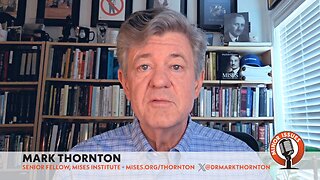 8:01
8:01
Mises Institute
5 days ago $0.04 earnedThe Twin Deficits | Mark Thornton
1922 -
 8:06:34
8:06:34
MyronGainesX
23 hours ago $24.02 earnedKarmelo Anthony Merch, Ashley EXPOSES Elon, Filipino President Punishes Vitaly, Iran War Pause!
64.8K15 -
 2:41:54
2:41:54
TimcastIRL
8 hours agoMASS SHOOTING At Florida State, Anti Trump Rumors ERUPT, MANGIONE EFFECT w/ Maggie Moda| Timcast IRL
202K113 -
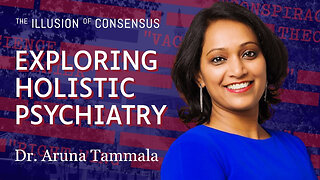 2:36:29
2:36:29
The Illusion of Consensus
1 day agoExploring Holistic Psychiatry with Dr. Aruna Tammala: Nervous System Regulation, Diet, Supplements, Self-love, and Social Connection
30.3K1 -
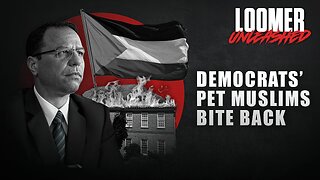 2:44:57
2:44:57
Laura Loomer
7 hours agoEP115: Democrats' Pet Muslims Bite Back
53.2K18 -
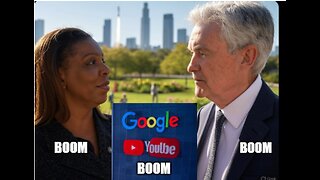 18:37
18:37
SantaSurfing
11 hours ago4/17/2025 - Trouble for Tish/Google/Jerome! Trump stops a war!
36.4K17 -
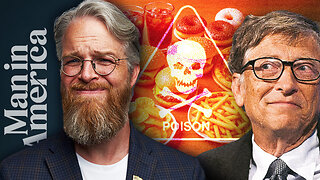 49:39
49:39
Man in America
15 hours agoThey’re Feeding Us POISON and Calling It Dinner w/ Kim Bright
58.4K17 -
 3:40:07
3:40:07
BrancoFXDC
5 hours ago $3.21 earnedWarzone Rounds - DAY 10 of no Internet
35.8K3 -
 1:17:17
1:17:17
RiftTV/Slightly Offensive
10 hours ago $12.09 earnedMASSACRE at FSU: Who was Actually RESPONSIBLE? | Slightly Offensive
54.8K18 -
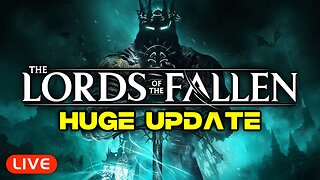 3:18:46
3:18:46
SilverFox
7 hours ago🔴LIVE - HUGE UPDATE! LORDS OF THE FALLEN 2.0
34.1K